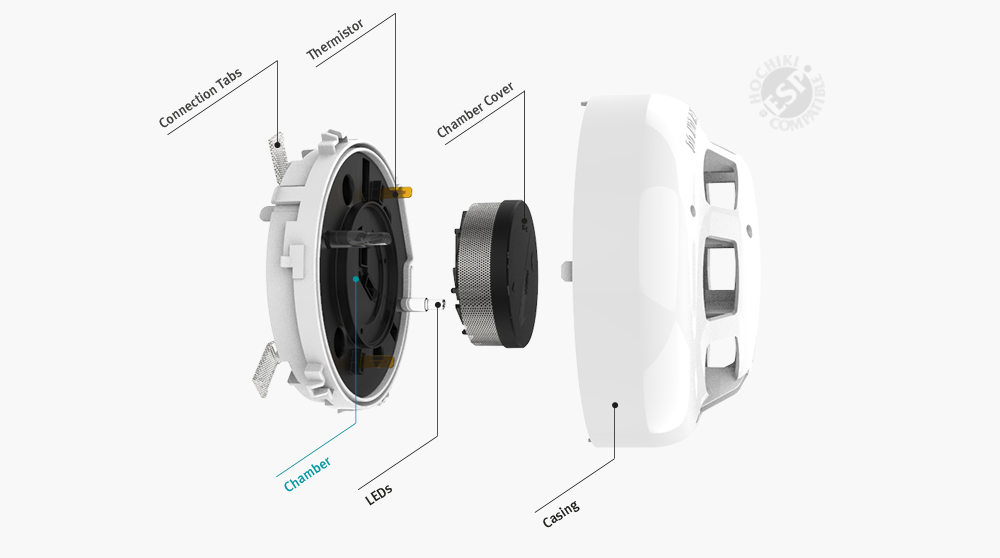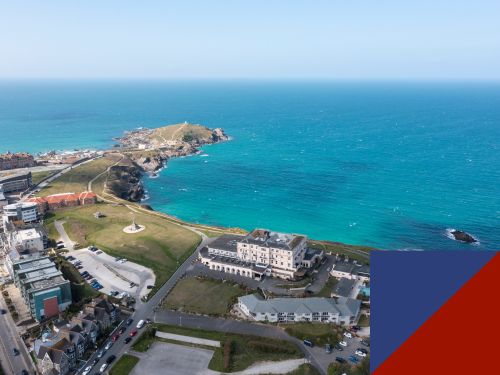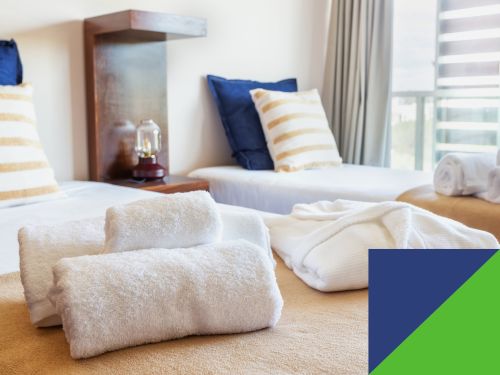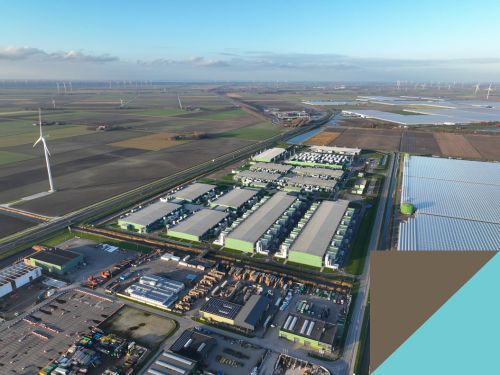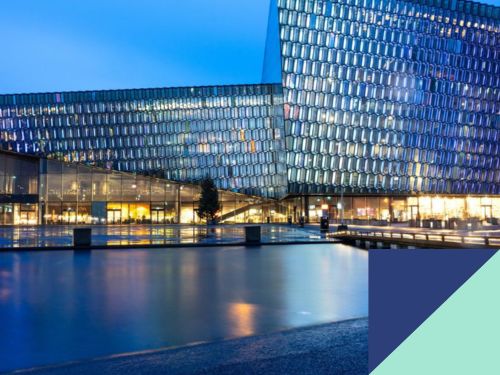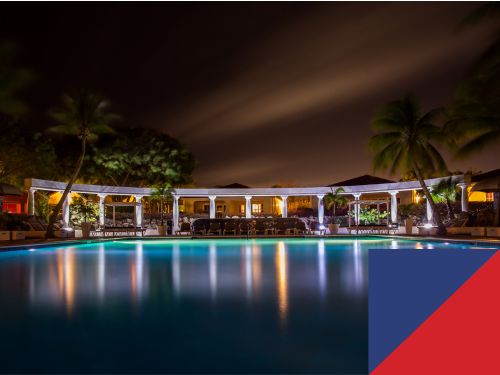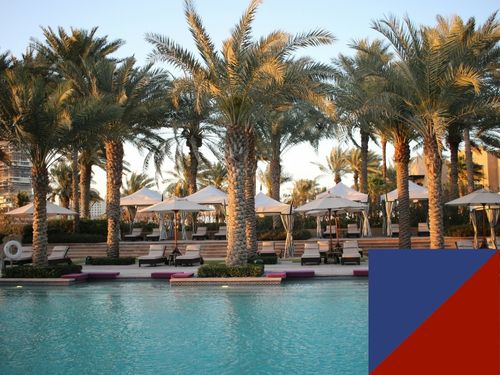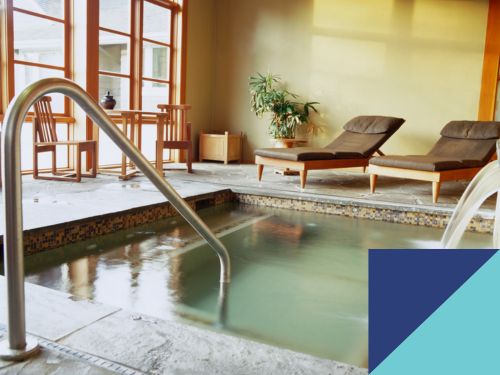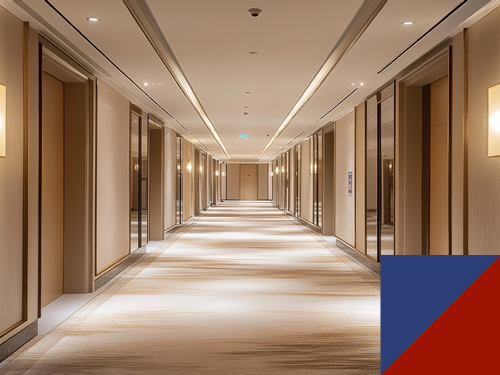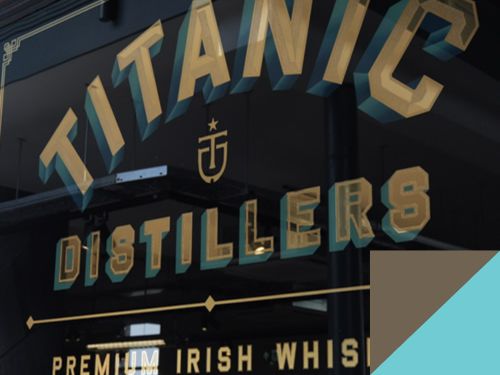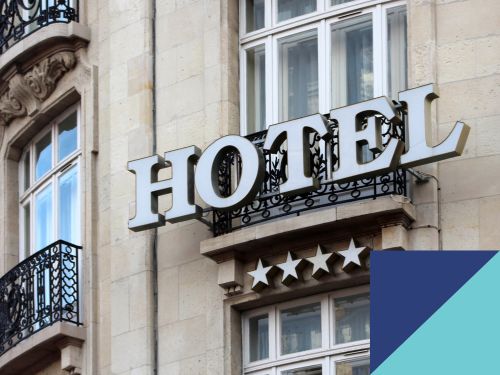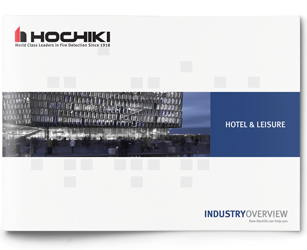Removal of Unwanted Alarms
Hochiki has taken its mission to eliminate unwanted alarms to a whole new level by redesigning the chamber structure within its photoelectric smoke detector range. The result is a high performance optical chamber that is equally responsive to all smoke types and helps to reduce the possibility of unwanted alarms.
Hochiki's addressable fire detection equipment is controlled by ESP (Enhanced System Protocol),a high integrity communications platform ensuring virtually error-free communications between the fire alarm control panel and the fire sensing equipment located in the protected areas.
Cost Effective
The lifespan of a fire detection system is generally considered to be in excess of 10 years. Therefore, although the initial cost of the system is important, the total cost of ownership – maintenance, servicing, breakdown charges and product replacement costs – can be many times higher than the initial investment.
A reliable high quality fire detection system from Hochiki will ensure that unwelcome and disruptive incidents will be all but eliminated, and that the costs associated with ensuring that it remains fit for purpose are kept to a minimum.
Open protocol - complete choice and flexibility
The options afforded by the ever-evolving technologies in the fire detection world are many and varied and, for the majority of today's businesses and property owners, can be confusing. You will receive advice from all quarters; the manufacturers of the equipment, the system designers/installers or your facilities management providers.
Regardless of the reasons that any one type of system is chosen over another, there is an absolute necessity that all of its components work seamlessly in providing the rapid and dependable detection of fire.
Hochiki provides an Open Protocol type system, we provide a range of devices and distribute the technical details of their protocol to third parties such as control panel manufacturers and other device or component manufacturers allowing all of them to produce compatible equipment – all utilising the same protocol.
With a Closed Protocol system a single manufacturer produces a range of devices AND control panels that all utilise its own specific protocol. This manufacturer does not provide general access to the technical details of its protocol and restricts the use of it to certain approved installation companies.
Learn more













